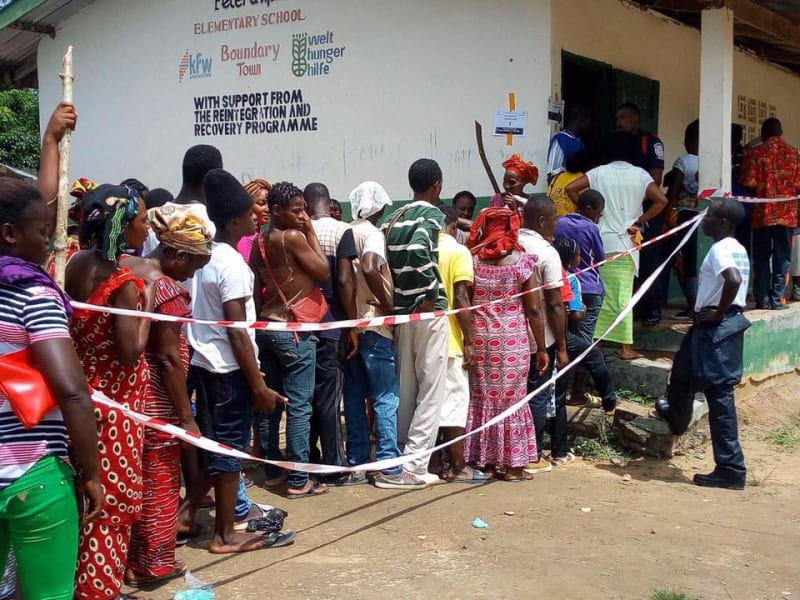Liberia, a West African nation endowed with abundant natural resources, presents a paradox of poverty amidst potential. Despite possessing vast mineral reserves, fertile lands suitable for agriculture, extensive forests, and ample water resources, the country remains entrenched in economic hardship. This stark contrast between natural wealth and persistent poverty stems from a complex interplay of factors, including a deficit in human capital, inadequate infrastructure, political instability, and a toxic political environment that actively discourages investment, thus hindering the nation’s progress and perpetuating its cycle of poverty. Understanding these interconnected challenges is crucial for charting a path towards sustainable development and unlocking Liberia’s true economic potential.
One of the critical roadblocks to Liberia’s economic advancement is the significant gap in skilled labor. The nation’s workforce lacks proficiency in modern techniques and technologies, rendering the vast potential of its natural resources largely untapped. This deficiency in human capital is further compounded by significant infrastructural limitations, including poorly maintained roads, unreliable electricity supply, and inadequate communication networks. These deficiencies create a challenging operational environment for businesses, hindering efficiency, increasing costs, and ultimately deterring investment. Without substantial improvements in both human capital and infrastructure, Liberia will struggle to harness its natural wealth and achieve meaningful economic growth.
Further exacerbating Liberia’s economic woes is the toxic political landscape, characterized by instability and pervasive corruption. This creates an environment of uncertainty that repels potential investors who seek stable and predictable markets. The fear of abrupt policy changes, coupled with the absence of a robust and reliable legal framework, makes long-term investments incredibly risky. This perception of risk significantly limits foreign direct investment, depriving Liberia of crucial capital and expertise needed for economic development. The resulting lack of investment hinders the growth of key sectors like agriculture, mining, and manufacturing, further perpetuating the cycle of poverty.
Adding another layer of complexity to the investment climate are the activities of certain non-governmental organizations (NGOs), both local and international chapters. These organizations, while ostensibly working towards development goals, have been accused of engaging in practices that ultimately harm Liberia’s economic prospects. Specifically, they are alleged to fabricate stories of hardship and coach local communities to present exaggerated narratives of victimhood, often aimed at securing continued funding. While such tactics may benefit the NGOs in the short term, they contribute to a negative perception of Liberia in the international community, further deterring potential investors.
A recurring theme in these narratives is the issue of “land grabbing,” portraying investors in the agriculture sector as exploiters of local communities. These stories, whether grounded in reality or exaggerated, create a chilling effect on potential investors who fear reputational damage. The resulting reluctance to invest in Liberia leads to missed opportunities for economic growth and job creation. Furthermore, these fabricated narratives sometimes incite local protests against companies that are attempting to provide employment and contribute to the economy, creating further instability and discouraging future investment.
The cumulative effect of these challenges – the lack of skilled labor, inadequate infrastructure, political instability, and the detrimental activities of some NGOs – creates a hostile investment climate. This environment prevents Liberia from realizing its economic potential and perpetuates the cycle of poverty. Without a concerted effort to address these underlying issues, Liberia will continue to miss out on opportunities for growth and development. Breaking this cycle requires a multi-pronged approach, including investments in education and skills development, improvements in infrastructure, strengthening the rule of law, and fostering a more transparent and accountable political environment. It also necessitates a critical examination of the role of NGOs and a push for responsible and ethical practices within the development sector. Only through such comprehensive reforms can Liberia hope to unlock its vast potential and achieve sustainable economic prosperity.














